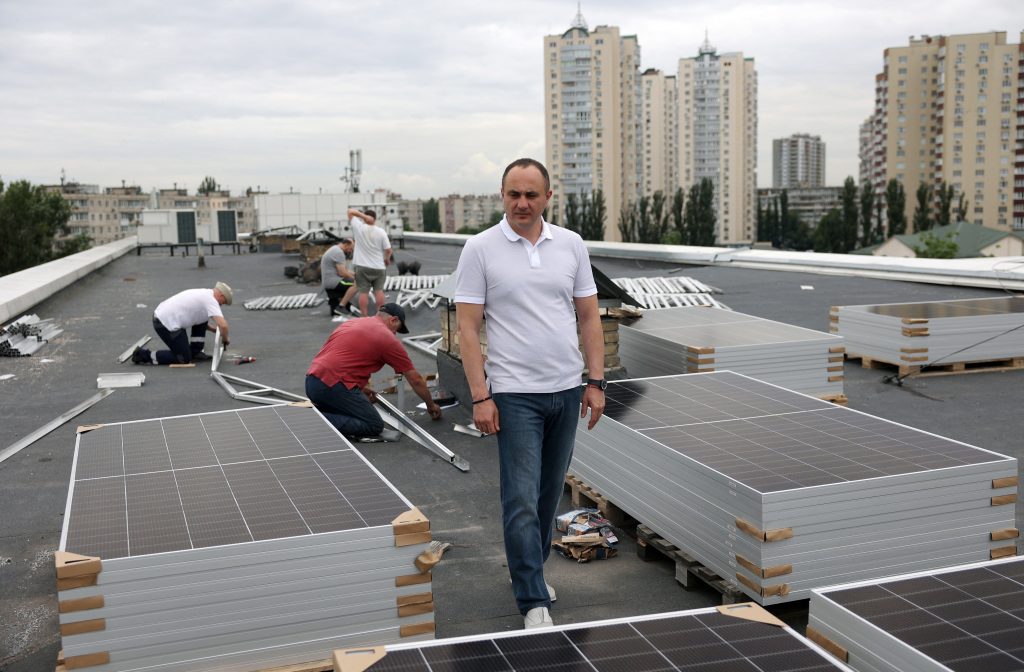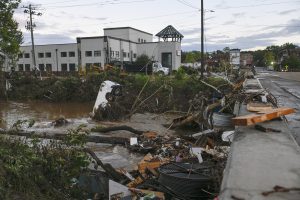Ukraine Is Decentralizing Energy Production to Protect Itself From Russia
2 min readUkraine Is Decentralizing Energy Production to Protect Itself From Russia
Ukraine has long been reliant on Russia for its energy needs, but recent political...

Ukraine Is Decentralizing Energy Production to Protect Itself From Russia
Ukraine has long been reliant on Russia for its energy needs, but recent political tensions have forced the country to take steps to protect its energy security. One way Ukraine is doing this is by decentralizing its energy production.
By diversifying its energy sources and moving away from centralized production, Ukraine can reduce its dependence on Russian energy imports and decrease the risk of disruptions in the event of a conflict with Russia.
This shift towards decentralization has also been driven by the desire to increase energy efficiency and promote renewable energy sources. By investing in renewable energy projects and empowering local communities to produce their own energy, Ukraine is not only enhancing its energy security but also reducing its carbon footprint.
Decentralization of energy production also fosters economic development by creating jobs in local communities and stimulating innovation in the energy sector. It allows for greater flexibility and adaptability in responding to changing energy demands and market conditions.
Furthermore, decentralization of energy production reduces the vulnerability of Ukraine’s energy infrastructure to cyber attacks and other forms of sabotage, which have been a concern in the region.
Ukraine’s efforts to decentralize energy production are a significant step towards increasing its energy independence and protecting itself from external threats, particularly from Russia. By strengthening its domestic energy capabilities, Ukraine is not only securing its own future but also contributing to a more sustainable and resilient energy system.
Overall, decentralizing energy production is a key strategy for Ukraine to assert its sovereignty and safeguard its national security in the face of geopolitical challenges, such as its strained relations with Russia.




